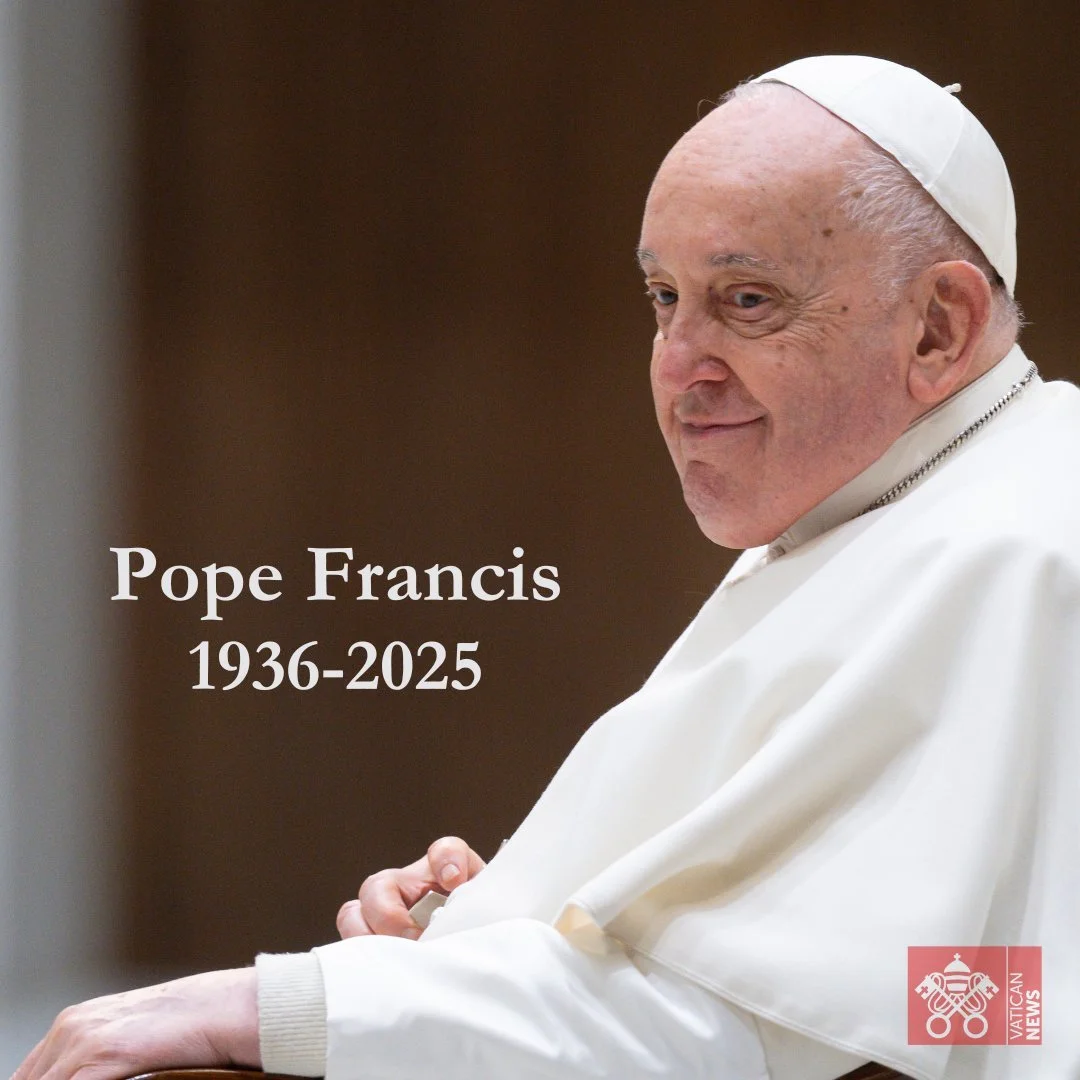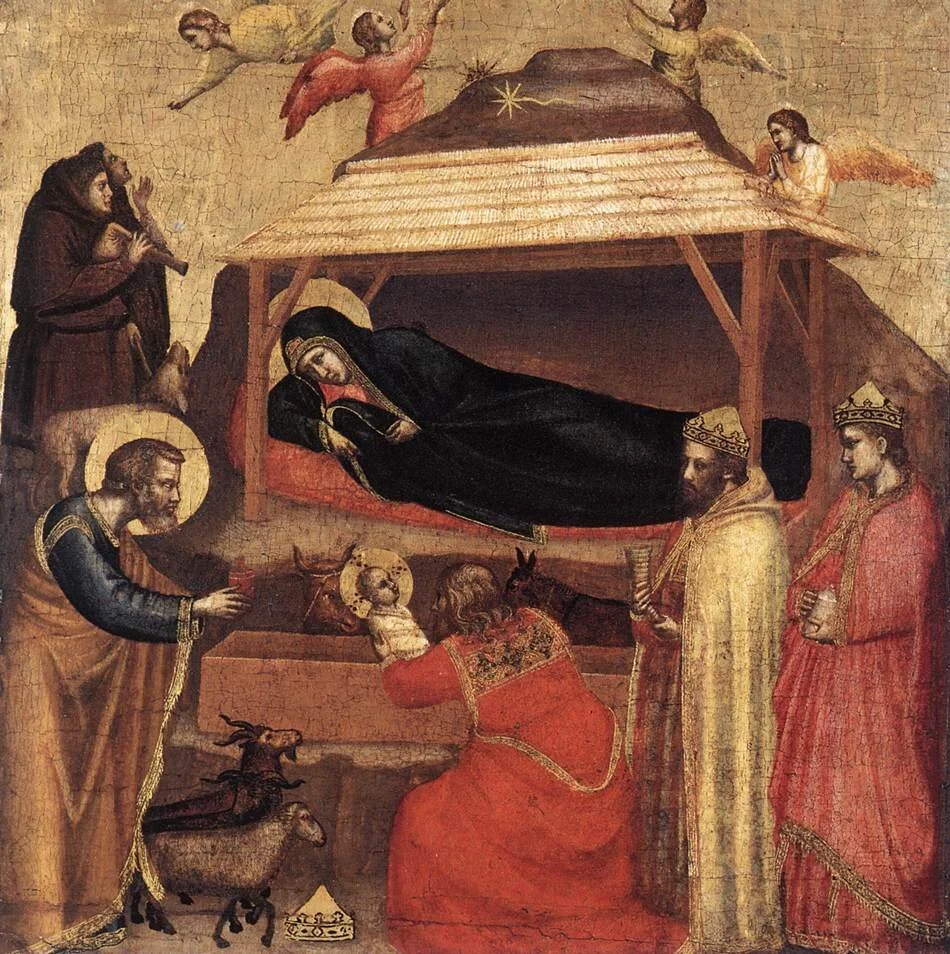During the last weeks many children have made their first Holy Communions in the Oratory church, and it is always edifying to see the devotion with which these little ones approach the altar to receive the Blessed Sacrament. The intention of the fathers who have prepared them for this momentous occasion is to instil in them a sense of awe and wonder appropriate for the reception of our risen living Lord in His Body, Blood, Soul and Divinity. It is customary to instruct candidates for ordination to the priesthood that they should endeavour to celebrate each and every Mass of their subsequent lives as if it were their very first and very last offering of the Holy Sacrifice. All of us, priests and laity alike, should treat every Holy Communion as if it is our first and last.
The priests can only do so much, and it is, of course, the duty of parents to nurture their offspring in Catholic piety so that they may mature in a faith which is informed and reverent. Judging by the comportment of many of the adults in church at the first Holy Communion Masses, however, it seems that in many cases it will be down to the children to set a good example to the grown-ups. The roar of chatter, and the marching backwards and forwards in front of the high altar before and after the Mass without any sign of acknowledgment for the King of kings Who is present in the tabernacle give the impression that many of the adults (including those once educated at expensive Catholic schools) treat the event more like a summer cocktail party. All of this means that the freshly instructed children who have been taught to genuflect carefully in front of the Blessed Sacrament and to kneel down and make their thanksgiving after the dismissal have their own invaluable and educative role to play within the “domestic Church” of today. These are the children who will probably also have to remind their parents to prioritise Sunday and Holy Day Mass obligations among the “activities” planned for the summer holidays.
When the disciples ask Our Lord who is the greatest in the Kingdom of Heaven, He presents them with a small child and says “Unless you be converted, and become as little children, you shall not enter into the kingdom of heaven. Whosoever therefore shall humble himself as this little child, he is the greater in the kingdom of heaven. And he that shall receive one such little child in my name receiveth me” (Mt 18:2-5). We should take this to heart, as we see those little ones who have recently made their first Holy Communions making their way to the altar rails with such excitement and simple faith. Their witness is an invitation to us old-timers to renew the devotion with which we ourselves receive Our Lord.
And thanks be to God for the increasing numbers of children who seem to be attending all of our Sunday Masses. At the Oratory we are blessed with some of the best musical support available, and St Gregory’s Library provides a more-or-less soundproofed bunker for parents to repair to with children who become particularly rumbustious. But if the odd squeal is heard competing with the harmonies of our excellent choir during the Gloria, we should take it as a reminder that the High Mass is not supposed to be a liturgical concert, but rather a gathering of the domestic Church at the Holy Sacrifice of Calvary, to which the little ones have been granted VIP invitations by Our Lord Himself.
Father Julian Large













